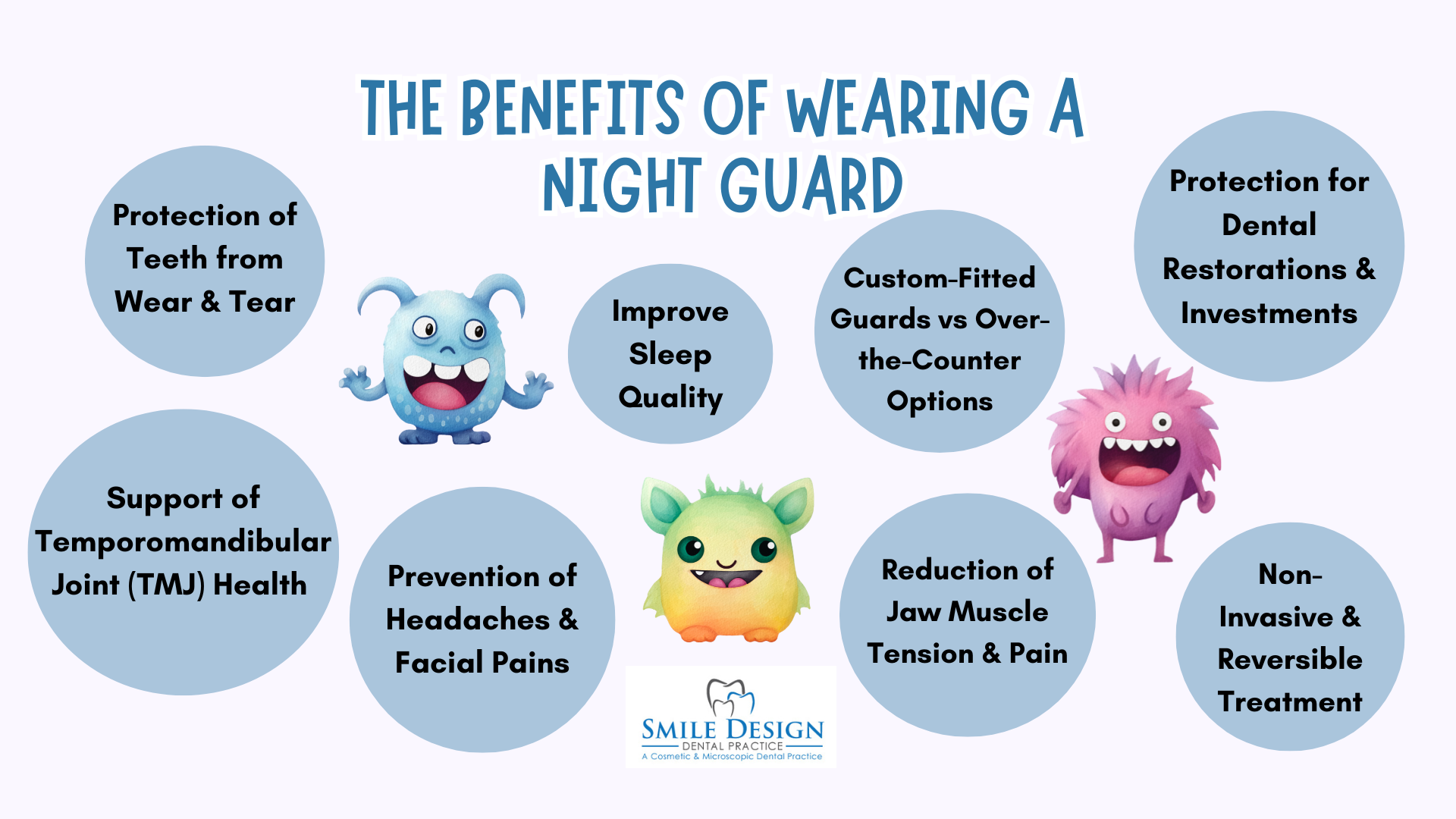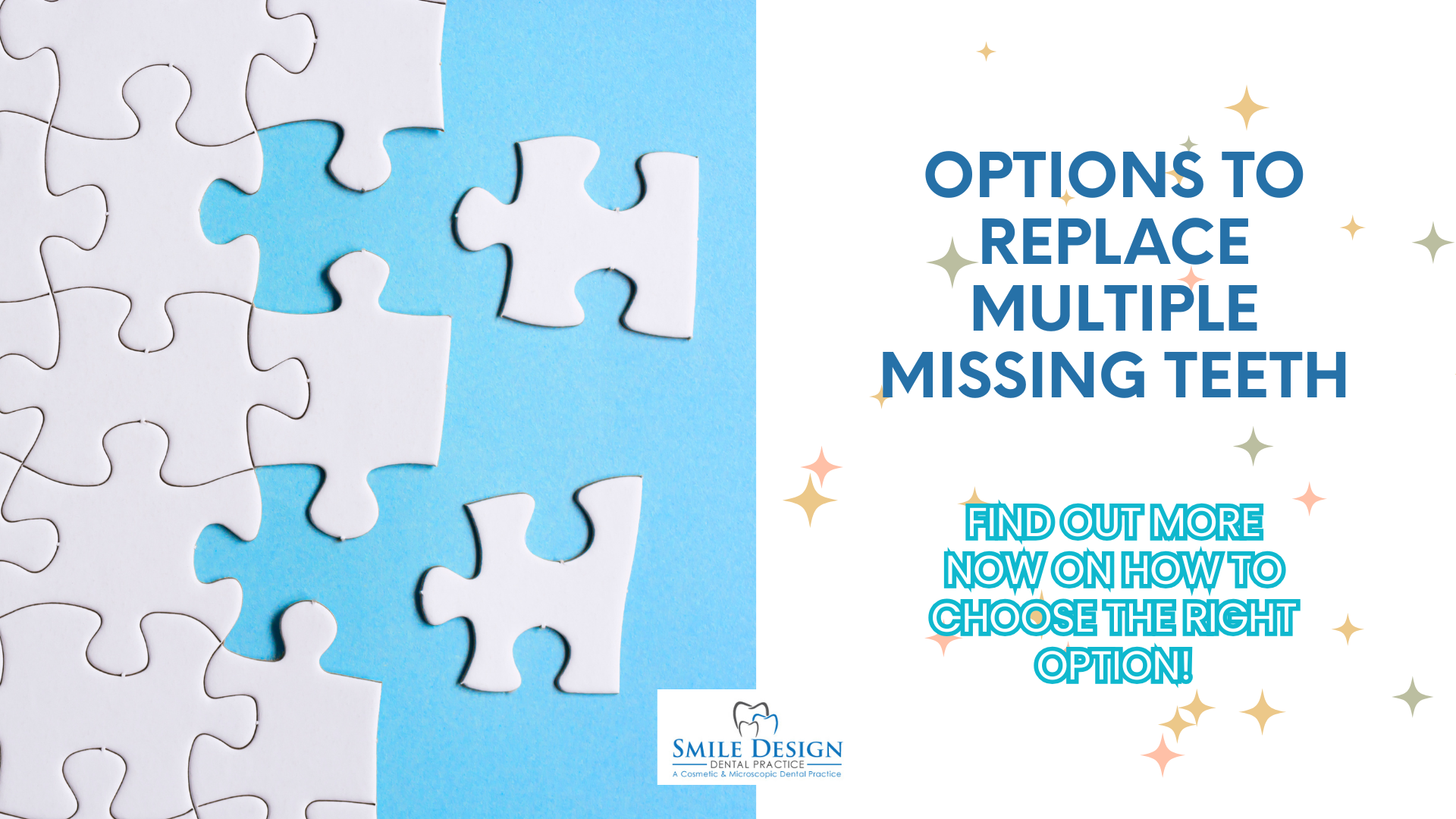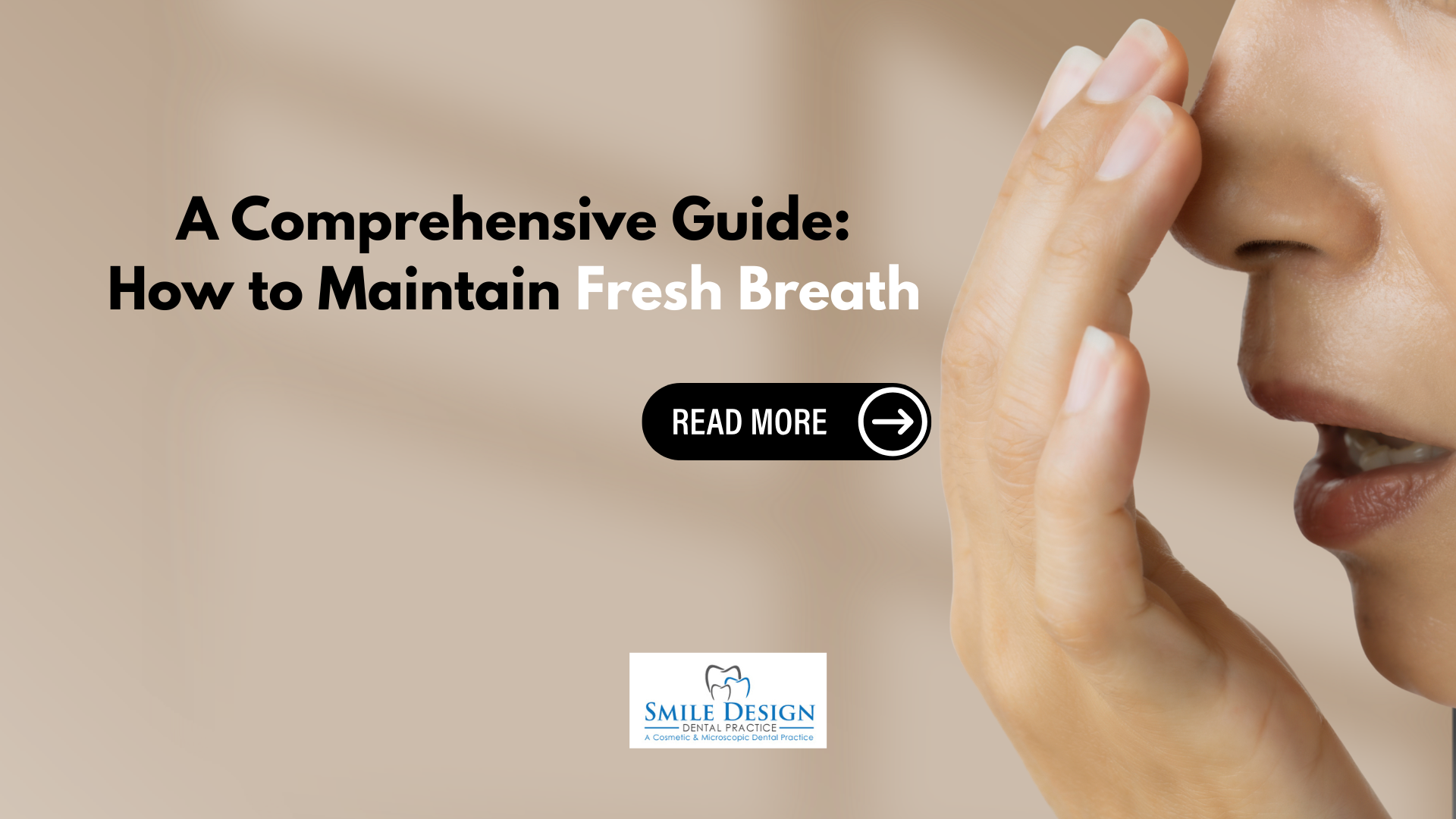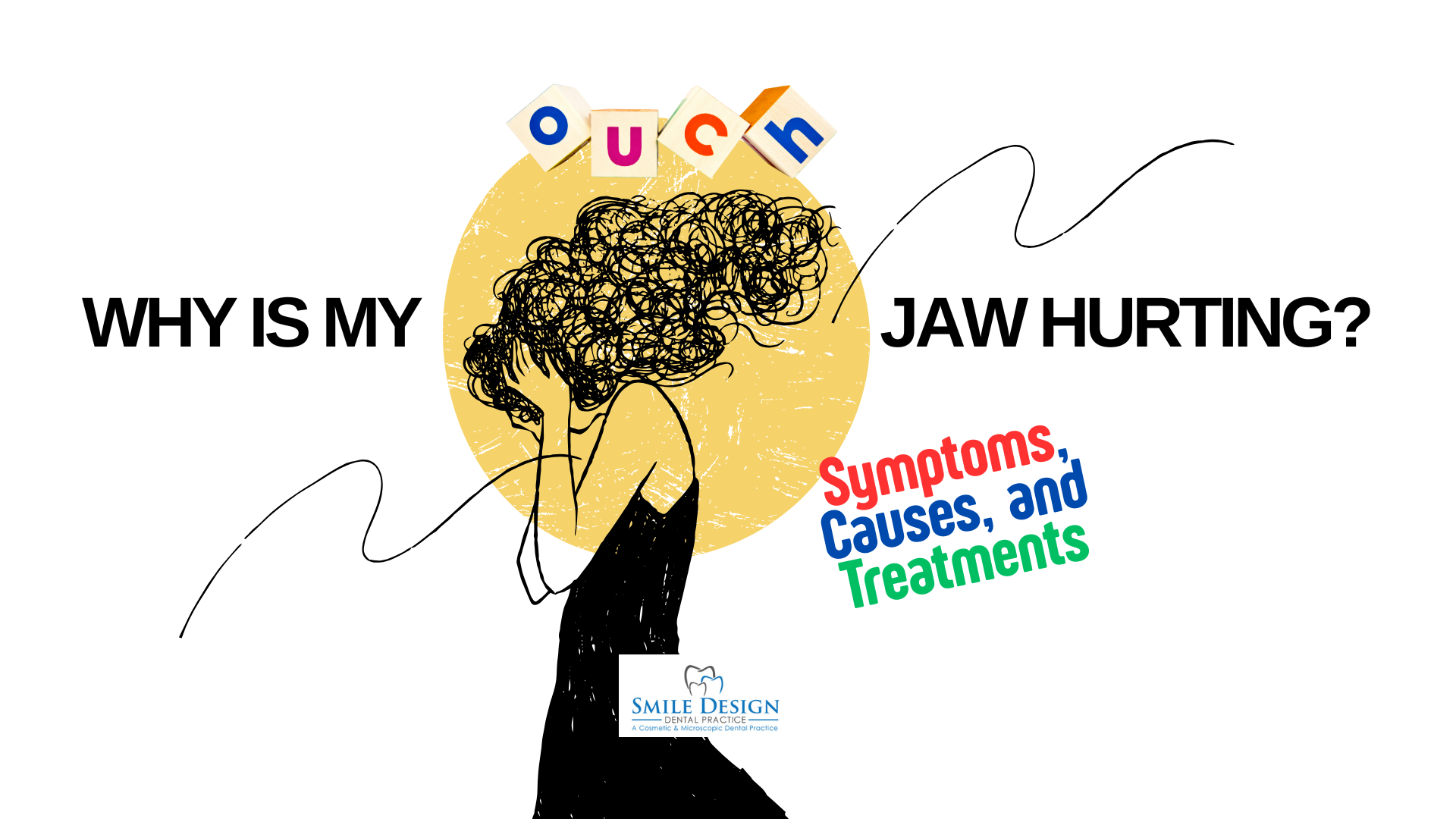What To Do When a Dental Issue Will Not Go Away?
Most people expect dental problems to improve after treatment. A filling, a crown, a root canal — these are meant to solve the issue and relieve discomfort. But sometimes, a dental problem lingers despite repeated visits to the dentist. If you are stuck with persistent pain, sensitivity, or discomfort that never seems to resolve, you are not alone, and you do have options.
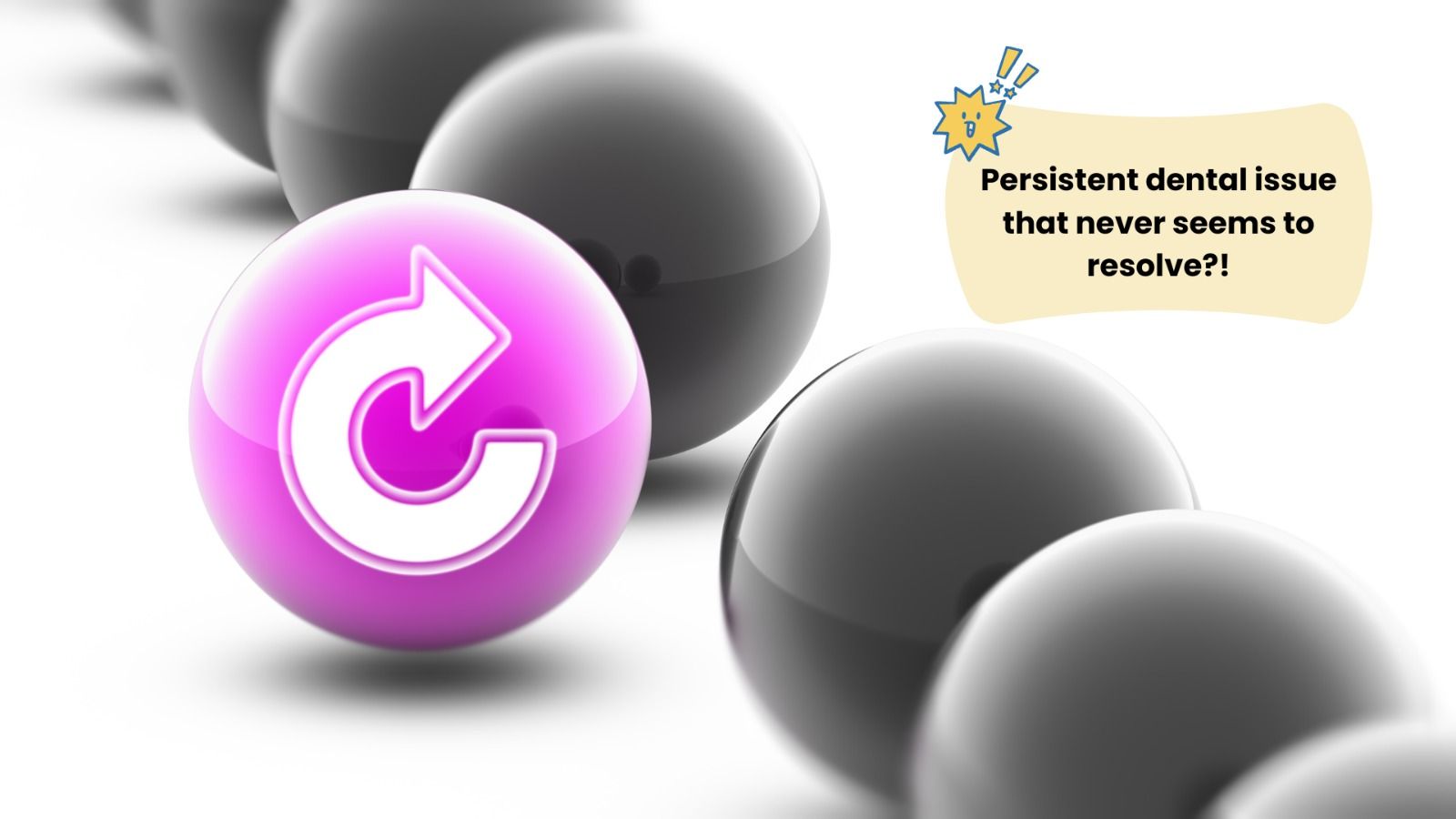
1. Do Not Ignore It
First, never assume a persistent dental issue will go away itself. Ongoing tooth pain, gum swelling, or discomfort that lasts for weeks or months may be a sign of an underlying problem, like an untreated infection, a failed procedure, or a misdiagnosed issue. Left untreated, it could worsen and lead to tooth loss, bone damage, or more complex (and costly) treatment later.
2. Document Your Symptoms
Keep a record of your symptoms. Note exactly:
- What you feel (sharp pain, dull ache, sensitivity to hot or cold, pressure)
- When it occurs (all the time, only when biting, at night, etc.)
- How severe it is, and whether it is getting worse
Detailed notes help your dentist or a new one pinpoint the problem more accurately.
3. Communicate Clearly with Your Dentist
If your issue is not improving, return to your dentist and share your updated notes. Be clear about your concerns and ask for a thorough explanation:
- Why might this be happening?
- Are there alternative diagnoses?
- What are the next steps?
Sometimes, additional tests like an X-ray, CBCT scan, or a referral to a specialist (such as an endodontist for root canals or a periodontist for gum issues) are needed to find the real cause.
4. Seek a Second Opinion
Do not hesitate to get a second opinion if you are not getting answers or the treatment plan feels repetitive and ineffective. Many people worry about offending their dentist, but any good dentist understands that persistent issues sometimes require fresh eyes.
A second opinion can:
- Confirm your current dentist’s approach
- Offer a different treatment plan
- Reveal something previously missed
Bring your records, X-rays, and treatment history to make the second opinion more productive.
5. Consider Seeing a Specialist
General dentists handle various treatments, but some problems need specialist care. For example:
- Endodontist: for complex root canals, re-treatments, or tooth pain with an unclear source
- Periodontist: for advanced gum problems
- Oral surgeon: for surgical extractions, jaw issues, or complex bone infections
- Prosthodontist: for complicated bite problems, dentures, or implants
6. Look for Underlying or Related Issues
Sometimes, what feels like a dental problem may have another cause. For example:
- Sinus infections can mimic tooth pain
- Nerve-related pain (such as trigeminal neuralgia) can be mistaken for tooth pain
- Teeth grinding (bruxism) can cause jaw soreness and tooth sensitivity
If your dentist rules out dental causes, they may recommend seeing a doctor or specialist to explore other possible reasons.
7. Focus on Preventive Care
While you are seeking answers, keep your mouth as healthy as possible. Good daily oral hygiene, such as brushing, flossing, and using mouthwash as advised, can help prevent new problems from complicating the issue.
8. Be Your Advocate
When you have a persistent dental issue, it is easy to feel frustrated or helpless. But remember: you have the right to clear information, to ask questions, and to pursue the right diagnosis and solution. Keep pushing for answers. Your comfort and long-term health are worth it.
Conclusion
Dental problems should improve with proper care. Do not settle for living with pain or uncertainty if yours is not. Talk to your dentist, get a second opinion, and if needed, see a specialist. Persistent dental issues can be resolved, and you deserve to have yours resolved too.
Schedule an appointment with us NOW! Call us at 6463 8588 or WhatsApp to 9815 5336
To serve you better, we are available by Appointment Only.
Please contact us to schedule an appointment.



